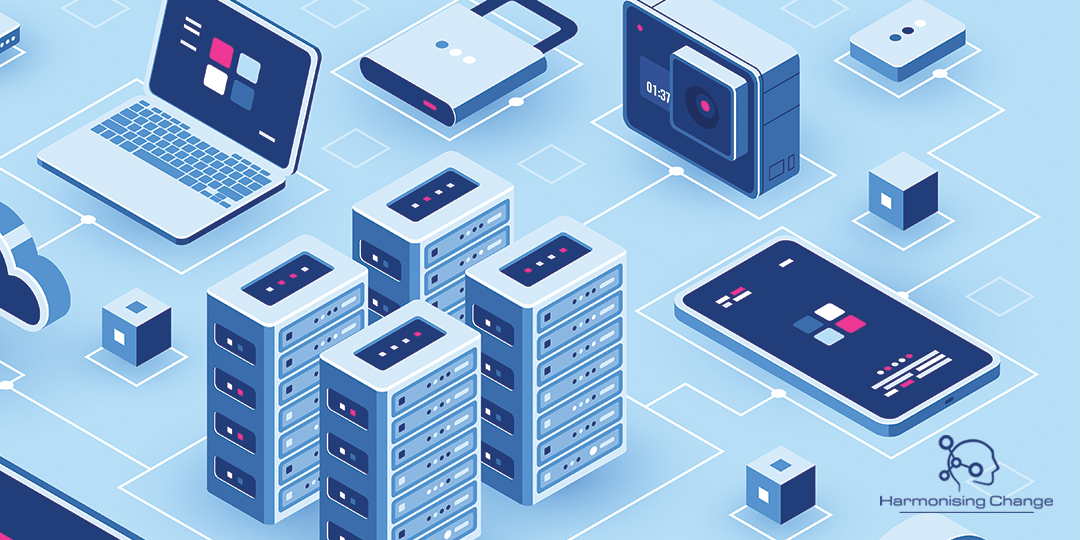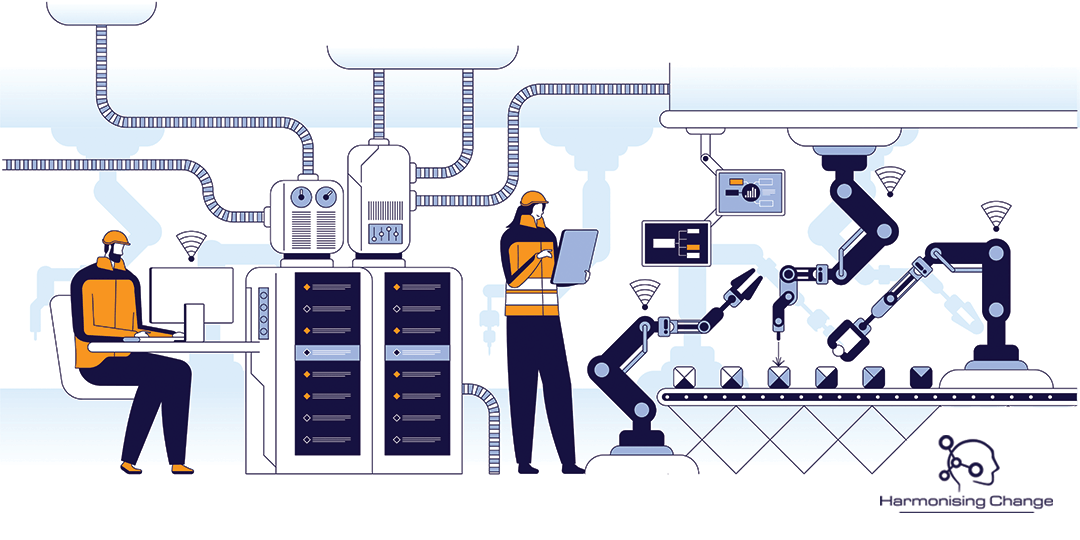
Embracing the Fourth Industrial Revolution: Navigating Digital Transformation in South Africa
The world is currently at the precipice of an exciting shift: the transition into the Fourth Industrial Revolution (4IR). This progression ushers in a new era that fundamentally changes the way we live, work, and relate to one another. It’s an era that doesn’t just mean new gadgets in our hands but a seismic shift that might just reshape South Africa’s business landscape.
Understanding the Fourth Industrial Revolution
The term “Fourth Industrial Revolution” was first coined by Klaus Schwab, founder of the World Economic Forum, and refers to the blurring of boundaries between physical, digital, and biological worlds. The 4IR is characterised by breakthroughs in fields such as artificial intelligence (AI), robotics, the Internet of Things (IoT), autonomous vehicles, 3D printing, nanotechnology, biotechnology, and quantum computing, among others. These technological advancements are merging our physical and digital realities, creating new opportunities and challenges for individuals, businesses, and societies alike.
Impact of Digital Transformation and New Technologies on Work
As we plunge deeper into the 4IR, digital transformation and the introduction of new technologies are redefining the way we work. Traditional business models are being disrupted, workplaces are becoming more flexible, and the skills demanded by employers are evolving.
AI and automation, for example, are automating repetitive tasks, freeing up employees to focus on more complex problem-solving and creative tasks. Remote work, powered by digital tools, has become the norm rather than the exception, enabling greater flexibility and work-life balance. Simultaneously, these advancements are challenging traditional organisational hierarchies, promoting flatter, more collaborative, and inclusive structures.
Pivoting Businesses to Keep Up with AI and Automation
With the rapid acceleration of AI and automation, businesses must pivot and adapt to survive. This often involves embracing digital transformation and fostering a culture of continuous learning and innovation.
Investing in AI and automation technologies is just the first step. Companies must also invest in reskilling their workforce to work alongside these new technologies. This includes training employees to leverage these technologies and cultivating a mindset that embraces change and innovation. Businesses should also consider partnering with technology firms, academic institutions, and government bodies to access the necessary resources and knowledge.
Moreover, leadership must be agile, with the ability to lead their organisations through this uncharted territory. It is essential to make informed, data-driven decisions, while also taking calculated risks when necessary. Leaders must also foster an organisational culture that encourages experimentation and learns from failures, as these are integral components of innovation.
Preparing South African Businesses for the 4IR
For South African businesses, the 4IR represents an unprecedented opportunity to leapfrog traditional phases of industrialization and directly plug into the digital economy. Here are a few ways these businesses can prepare themselves:
- Invest in digital infrastructure: This includes reliable internet connectivity, data centres, cloud computing, and digital security measures, among other things.
- Prioritise education and training: Upskilling and reskilling the workforce in digital literacy and emerging technologies is crucial. This could be achieved through partnerships with educational institutions and investing in in-house training programs.
- Foster innovation ecosystems: Businesses should collaborate with startups, academia, government, and civil society to drive innovation and solve complex problems.
- Government support: Advocating for supportive regulations and policies that enable digital transformation, such as easing restrictions on data flows, incentivizing digital skills training, and supporting research and development in AI and other technologies.
South Africa, with its unique blend of challenges and opportunities, stands to gain enormously from the 4IR. The transition might seem daunting, but with strategic planning, collaboration, and a strong focus on inclusivity and sustainability, South African businesses can not only survive but thrive in this new era.
Contact us on info@harmonisingchange.co.za for more information.
Contact Harmonising Change here.



